

Portrait paintings
Buy a Carré d'artistes portrait painting
Carré d'artistes presents a wide selection of portrait paintings. Portrait painting is a privileged genre in art and has undergone remarkable and fascinating evolution.
Find different types of portraits and genres in our selections, such as group portraits, portraits of women, and portraits of men. The art of portraiture and staging! A portrait painted in color or in black and white? Our painters have talent!
If you have any questions, our art curators can guide you by phone at +33 4 86 31 85 33.
Read more
Are you considering buying a portrait painting ?
Choose one of our portrait paintings. Carré d'artistes offers unique and certified works thanks to its network of over 600 emerging artists. We bring together the largest community of art lovers in Europe.
Our portrait paintings are selected by our art curators, who choose the latest trends to guide you in your portrait painting purchase. Discover our selection of portrait paintings in our galleries as well as on our website.
Our portrait paintings are created with various techniques:
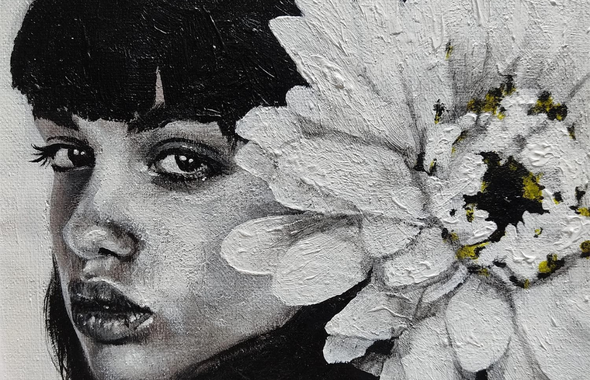
THE GREAT HISTORY OF THE PORTRAIT IN PAINTING
The history of portrait painting
The history of portrait painting begins in antiquity and would be at the origin of the plastic arts. The portrait was a very popular genre in Greek, Roman and Egyptian times. From the beginning, it was a way to represent the divine and the most influential people of a time.
In the Middle Ages, in the same way, portraits were reserved for the elite who portrayed themselves with sacred figures. For a long time, this genre was at the service of religion. The concern for realism was not very important at the time, on the contrary, symbols and pious and religious figurations were favored rather than a real likeness.
It was during the Renaissance that the portrait gained in importance. Resemblance and realism became necessary for the realization of a good painting. Portraits in painting follow the developments in Italy and Flanders, where painting becomes more and more realistic and where the art of perspective is imposed. We can understand how important this pictorial theme was in societies where photography did not yet exist.
The portrait has been in fashion for a long time. But in the 17th century, in the classical period, it was designated as inferior to history painting, the genre par excellence, which represented great political or religious subjects. Many great painters abandoned it for more glorious and better considered representations.
It was in the 19th century that portrait paintings took on a new lease of life and vigor, although the arrival of photography was a serious competitor to this genre. The people became more important in civilian life and ordinary people could be reproduced in paintings. The twentieth century continued this trend and brought newness to the genre according to the different schools and styles in painting. The art of portraiture is still a fundamental genre of painting today and many contemporary artists practice portrait painting.
IMPORTANT PORTRAIT PAINTINGS AND PAINTERS
During the Renaissance, portrait painting became an important genre. It was during this period that remarkable paintings appeared and became cult classics in the history of art.
Jan van Eyck's painting The Arnolfini Portrait (1434) marked a turning point between the Middle Ages and the Renaissance, demonstrating that realism and the use of perspective were becoming decisive in art. In Italy, we can mention the two paintings by Piero della Francesca, a great Florentine painter of the Renaissance. But undoubtedly the most famous portrait of this genre is the Mona Lisa by Leonardo da Vinci. At the same time, there is the magnificent portrait of Baldassare Castiglione by Raphael (1514-1515).
Portraits of court characters were very popular from the 16th to the 18th centuries. The painting of Louis XIV in coronation costume by Hyacinthe Rigaud (1701) is very representative. In a different style, there is Jacques-Louis David, who created portraits ranging from Napoleon to ladies of high society, including the murdered Marat. He painted a portrait of Madame Récamier (1800) and showed his mastery and strong taste for this genre. But the genre continued to evolve.
In his painting of the journalist Sylvia von Harden, Otto Dix represents novelty and a resolutely modern spirit. The 20th century did not abandon this genre, but instead gave it extraordinary vivacity. The Girl with a Pearl Earring, painted in 1665 by Johannes Vermeer, is unquestionably a major work of art. Often called the "Mona Lisa of the North," this portrait is believed to represent one of the painter's daughters.
THe portrait of women in modern painting
The portrait painting of women has always been a source of inspiration for artists, who seek to capture beauty and emotion in their works. The modern portrait painting of women shows an evolution of style and techniques used, while preserving the essence of the subject.
With abstract women's portrait painting, artists explore new forms of expression, playing with shapes and colors to transcend traditional limits of portrait painting.
The modern portrait painting of women adapts to contemporary trends, reflecting the concerns and aspirations of women today. Whether realistic or abstract, women's portrait painting remains a celebration of femininity and diversity, and abstract women's portrait painting provides a space to explore new dimensions of female beauty and emotion.
Thus, the modern portrait painting of women and abstract portrait painting will continue to captivate and inspire art lovers around the world.
PAINTINGS BY STYLE




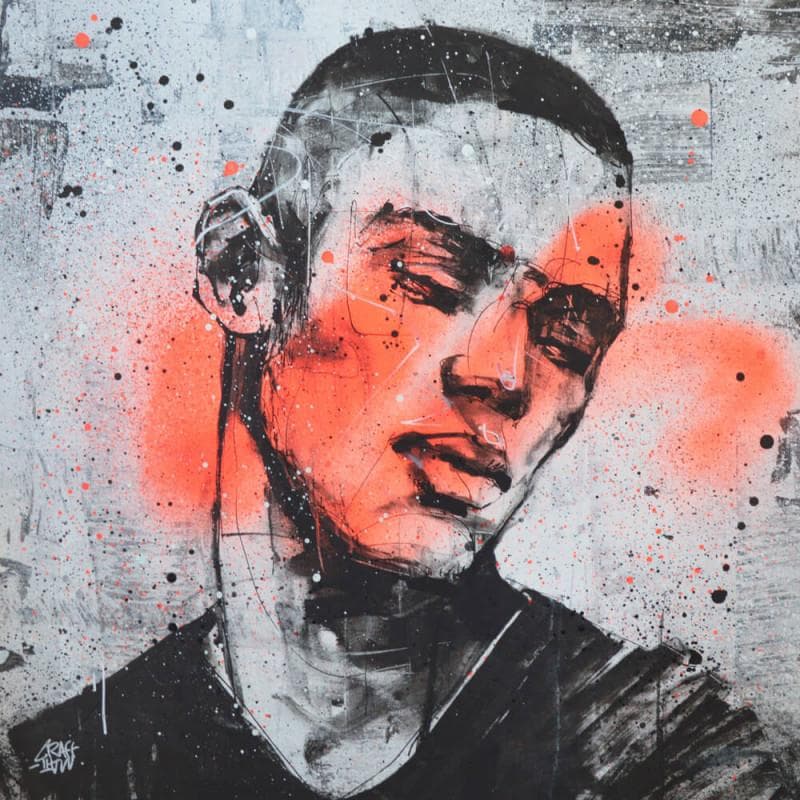
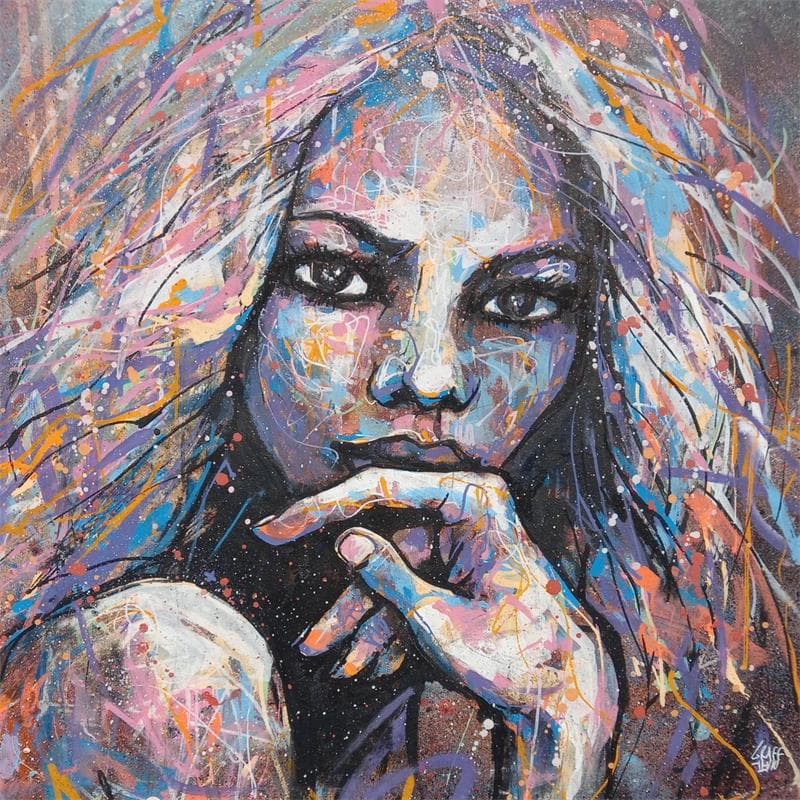
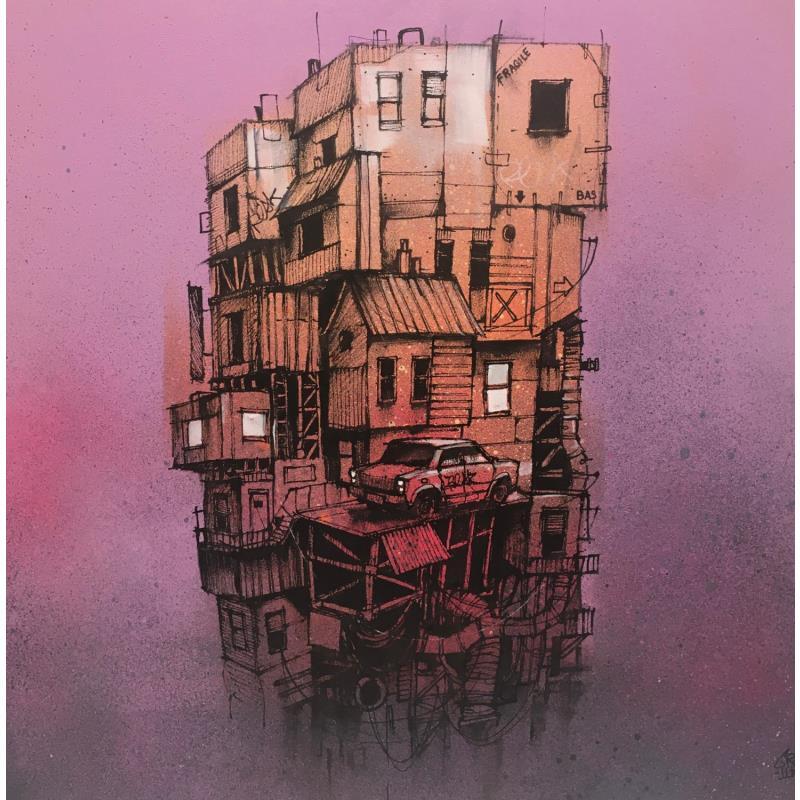
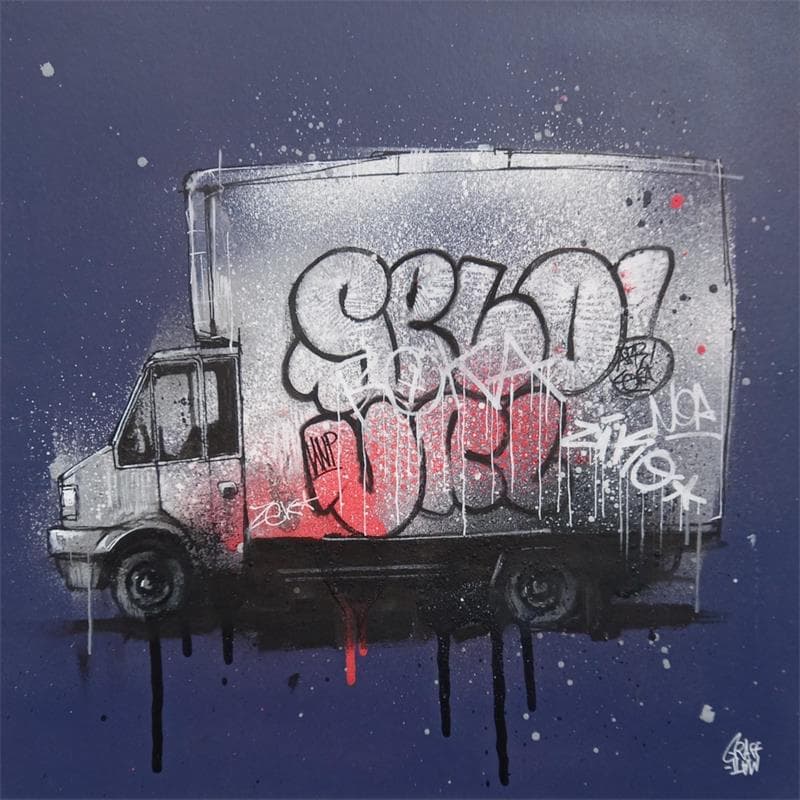
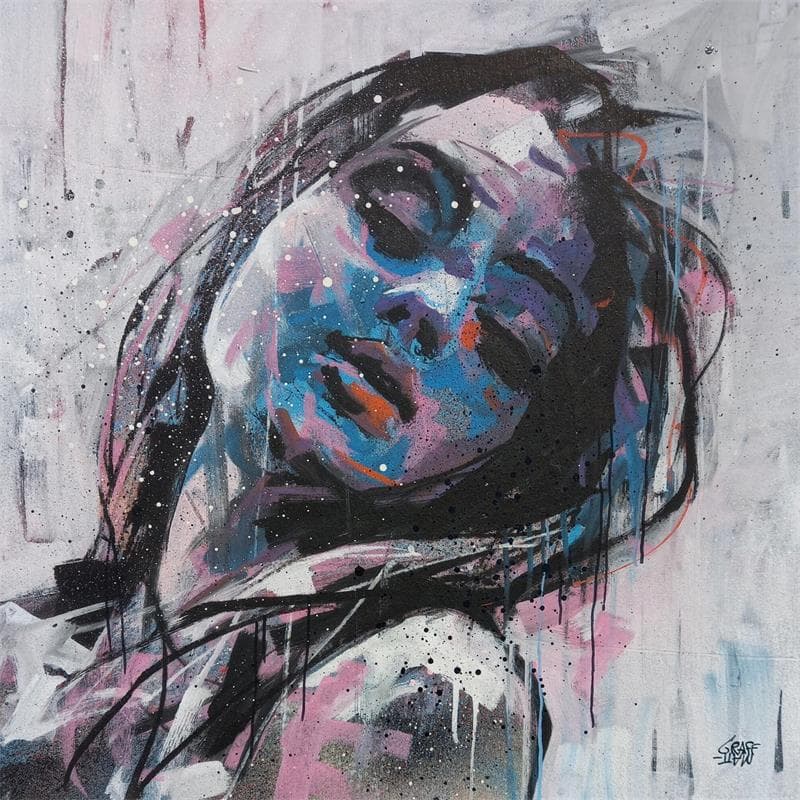
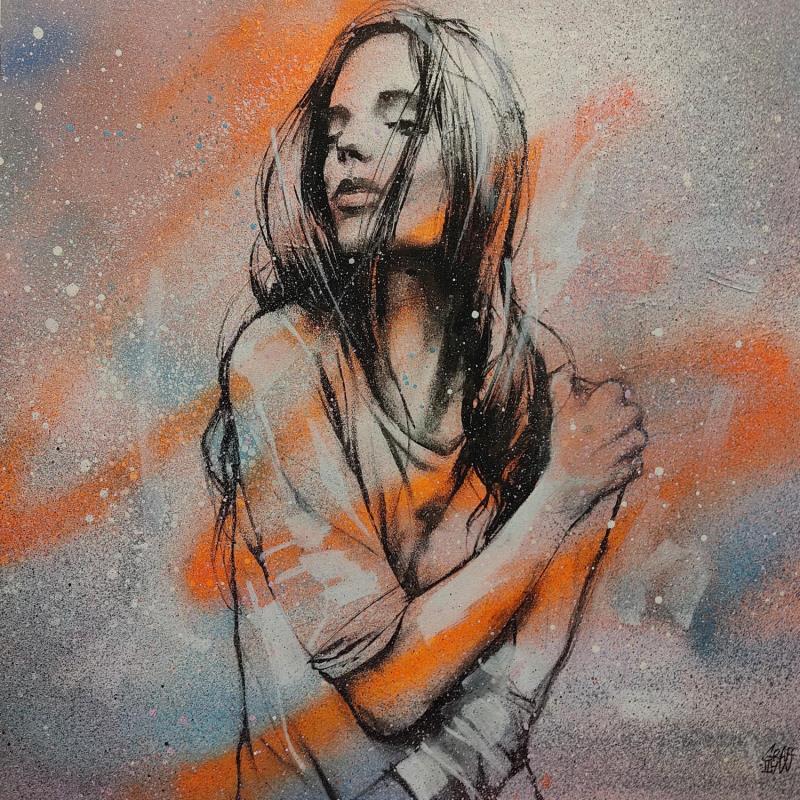
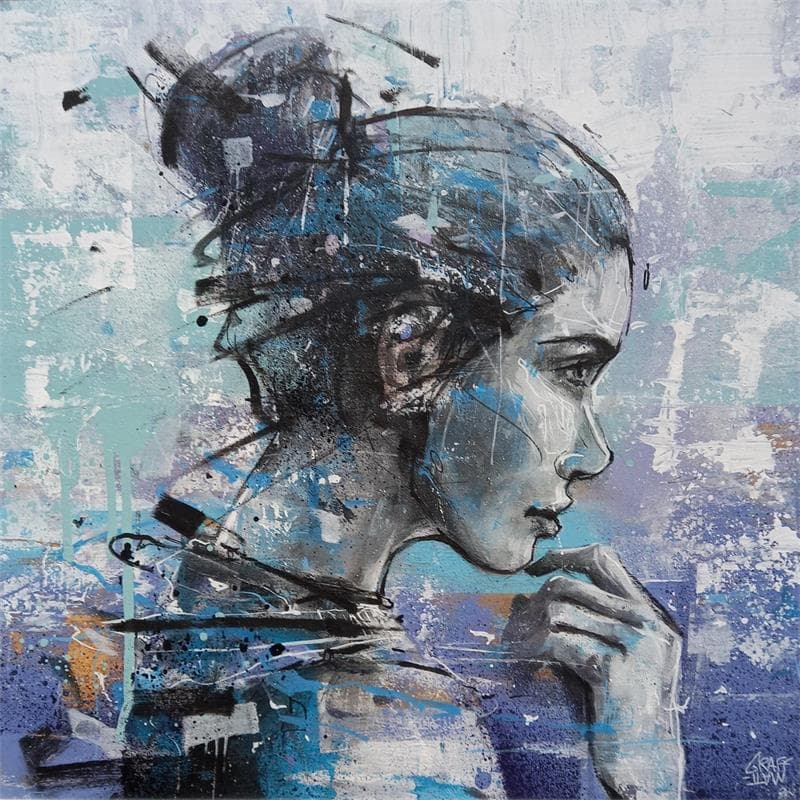
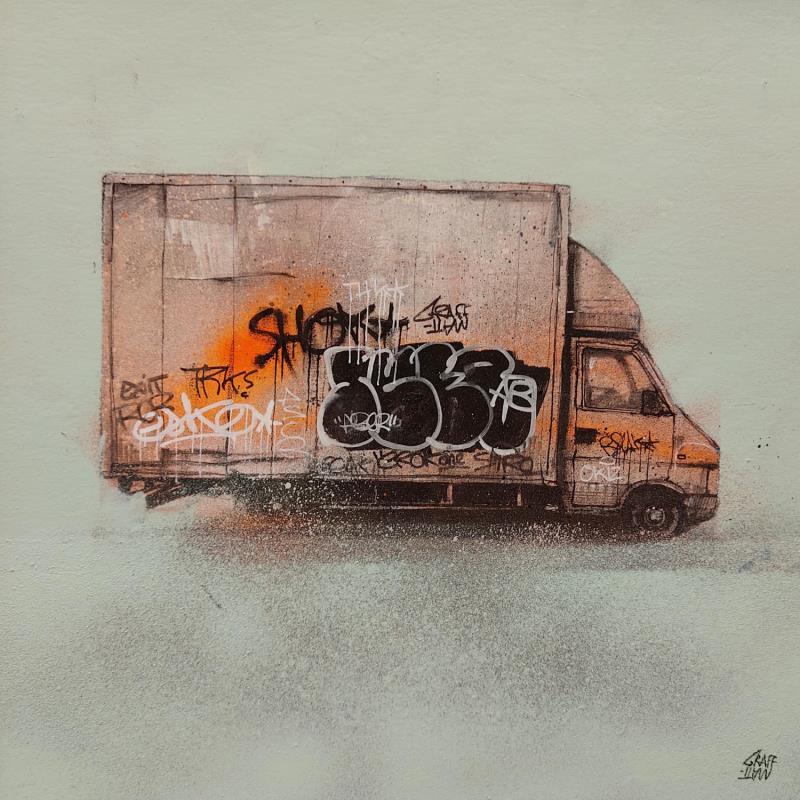

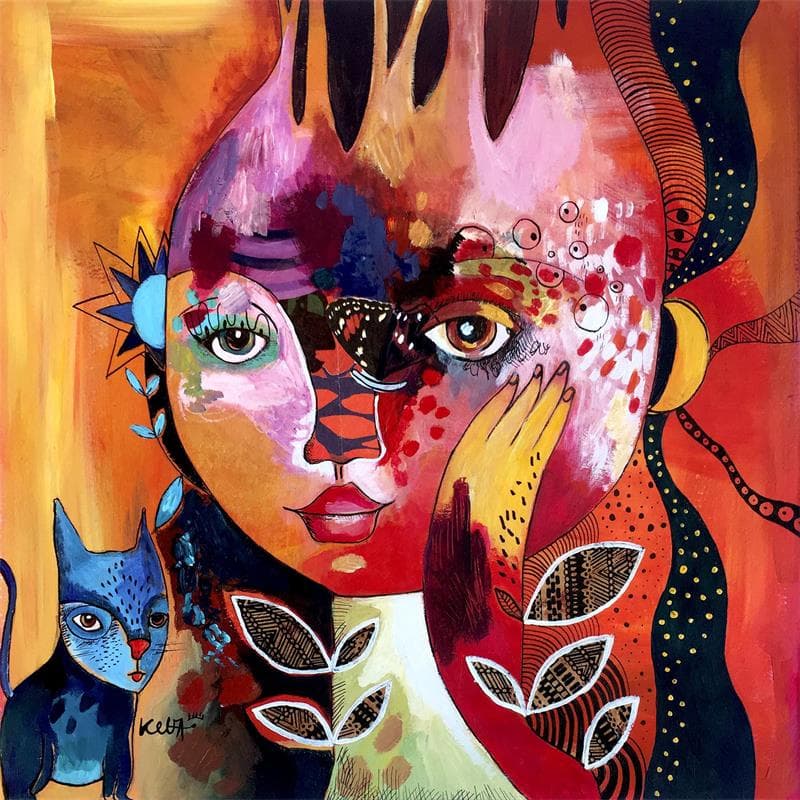
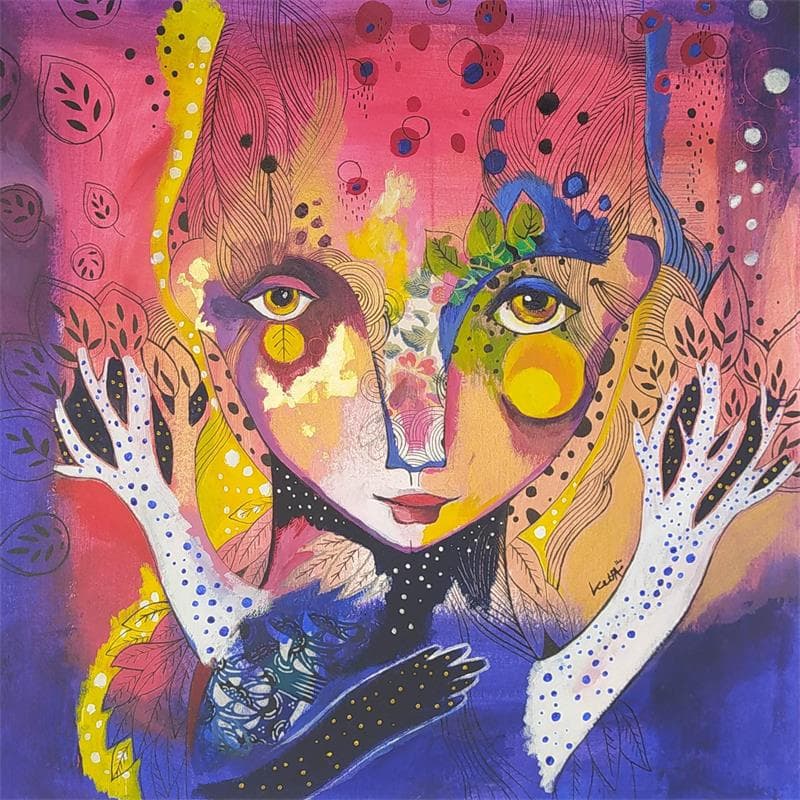
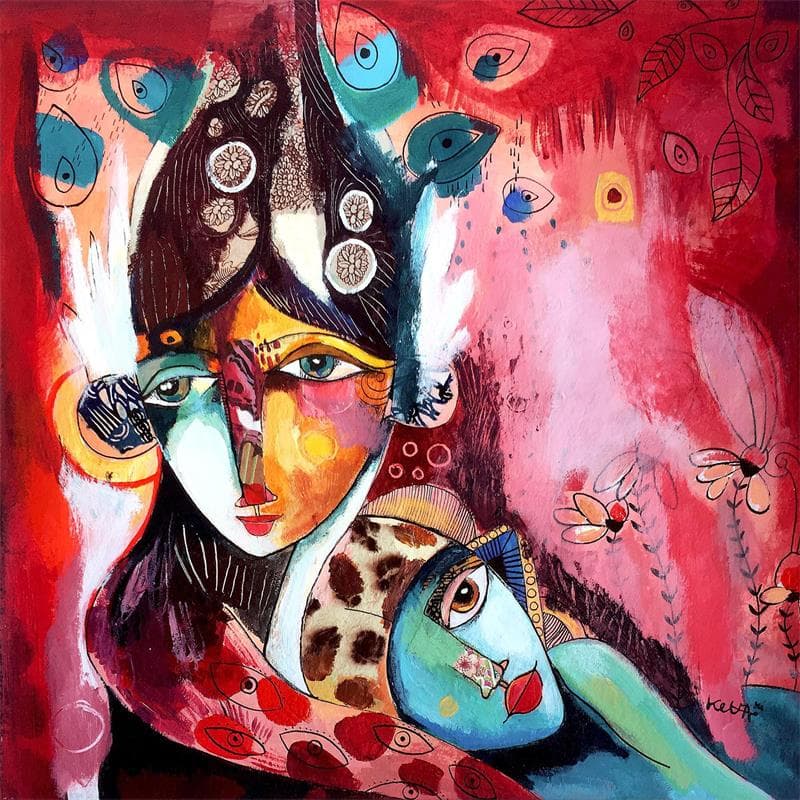
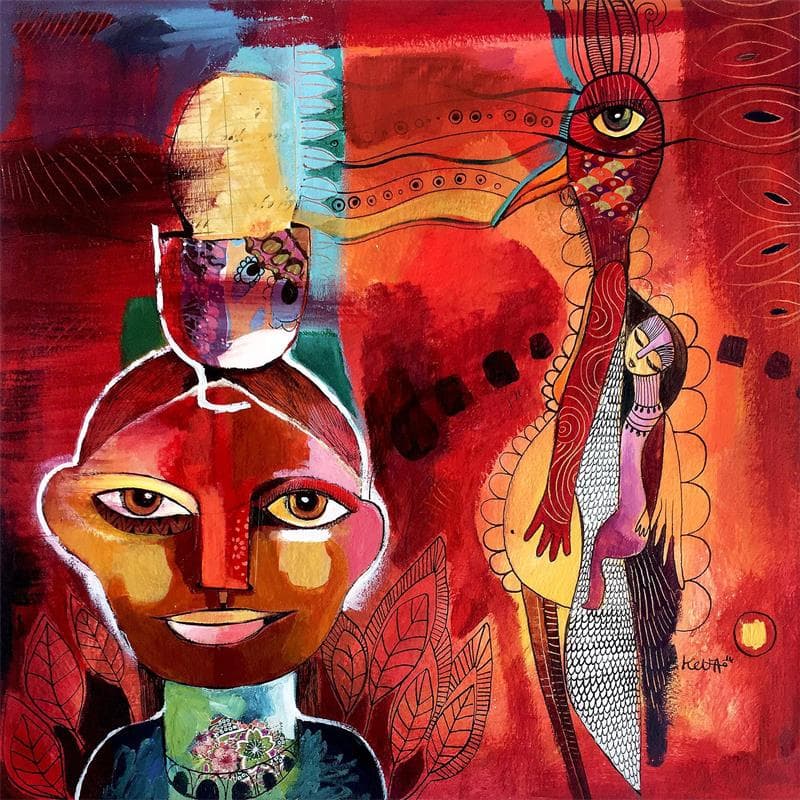
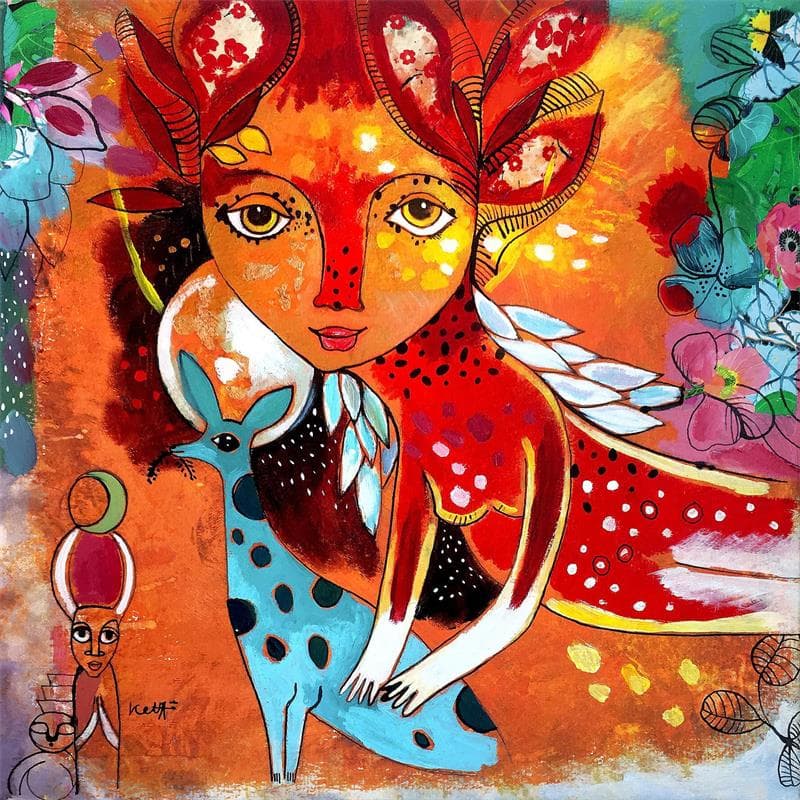
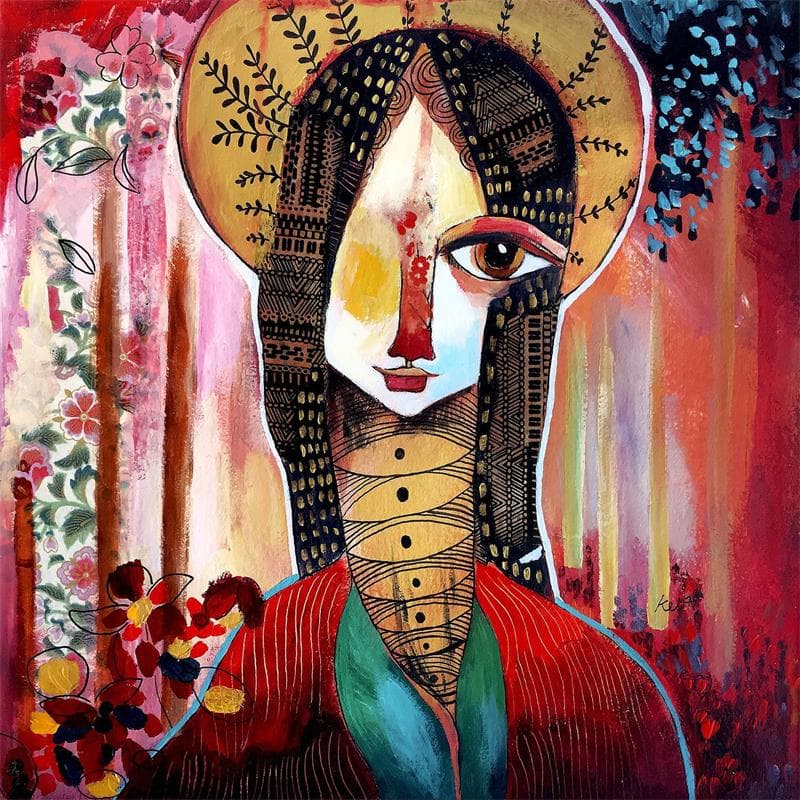
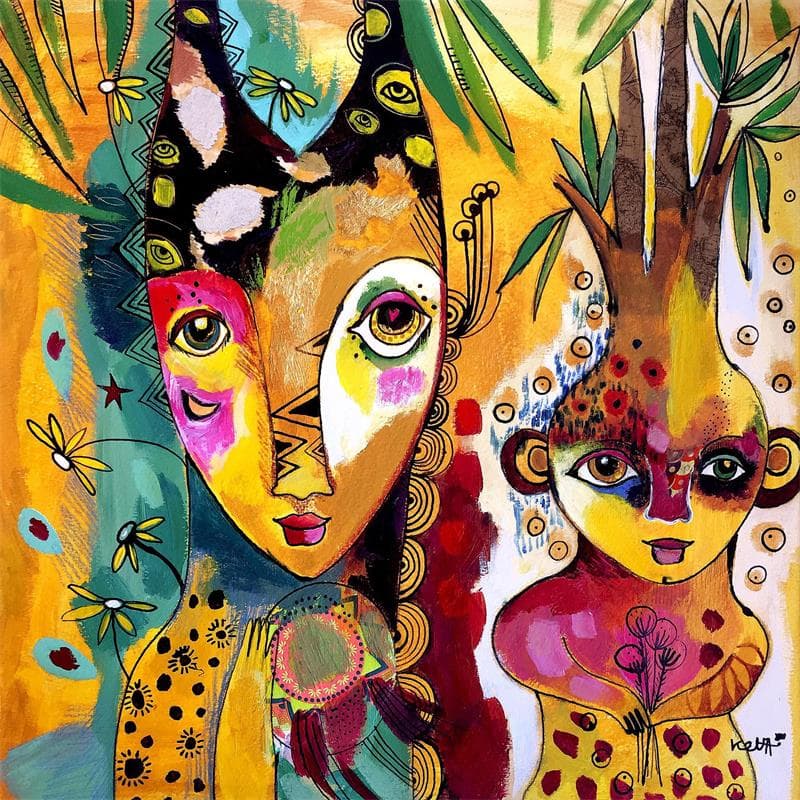
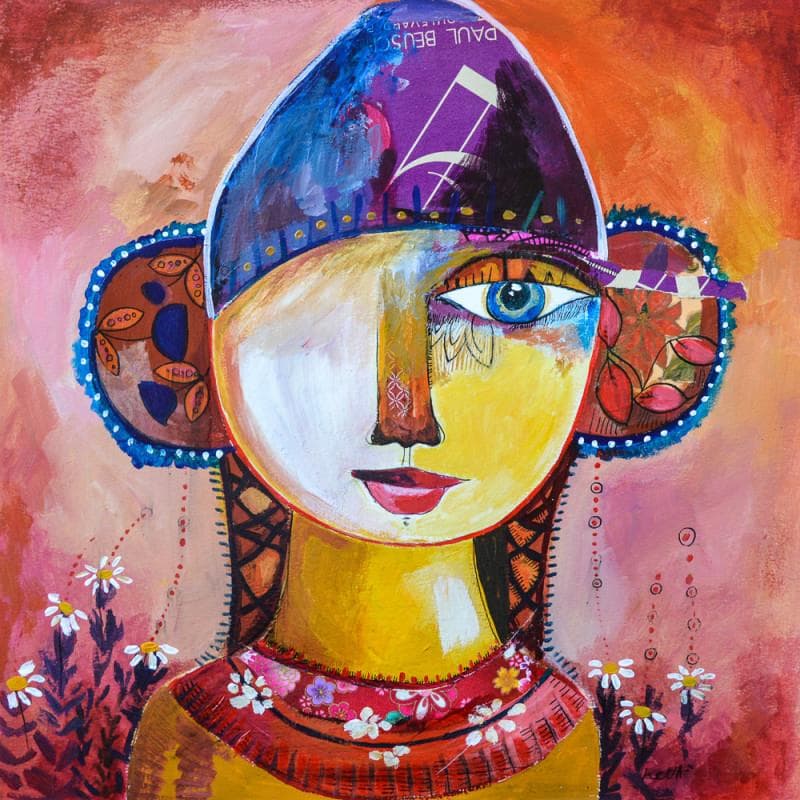
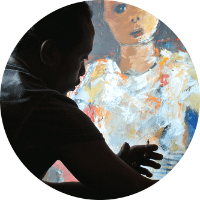
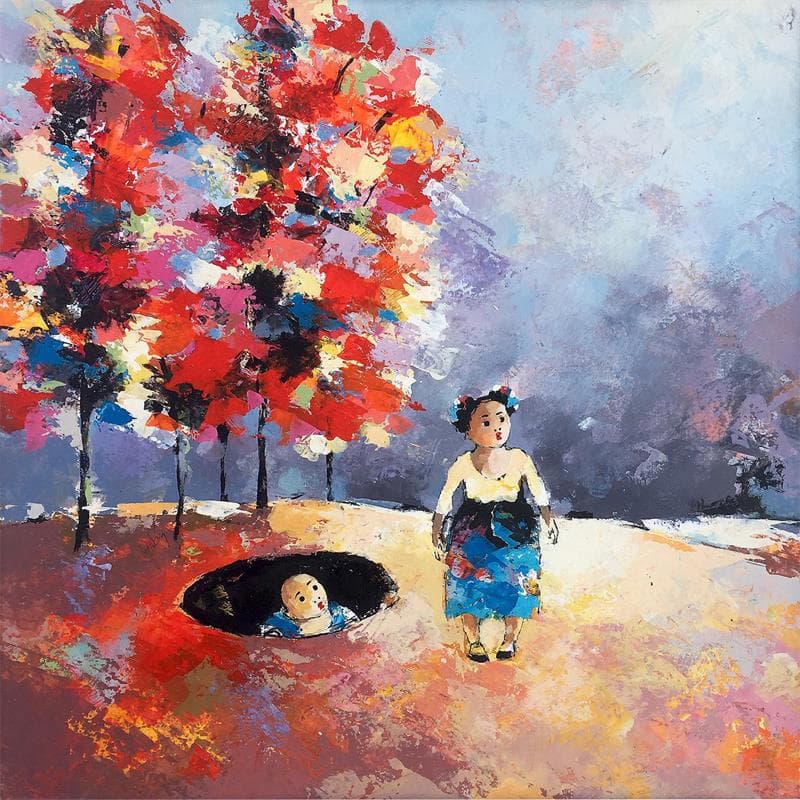
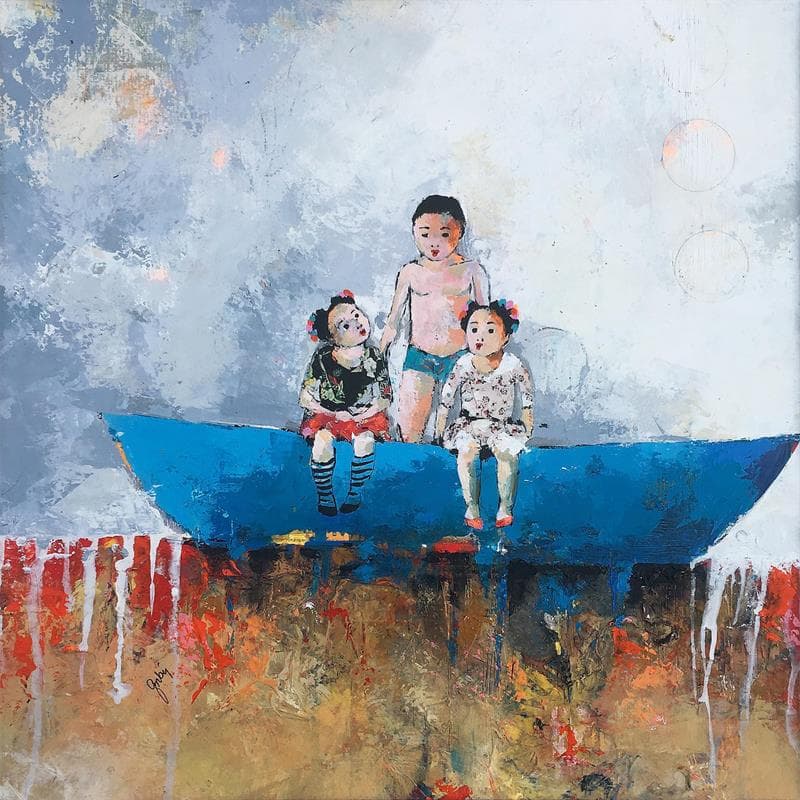
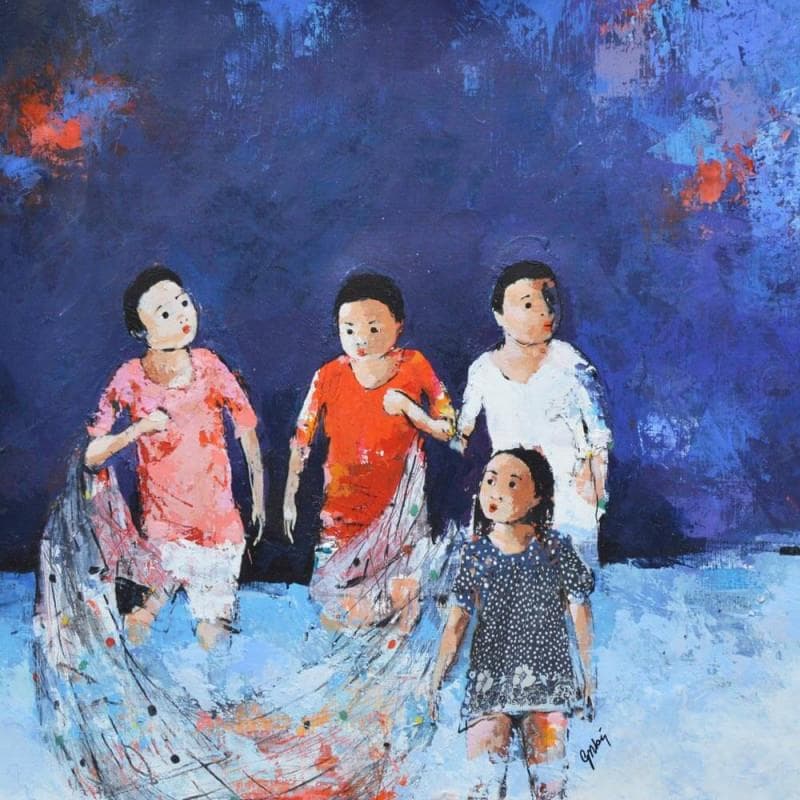
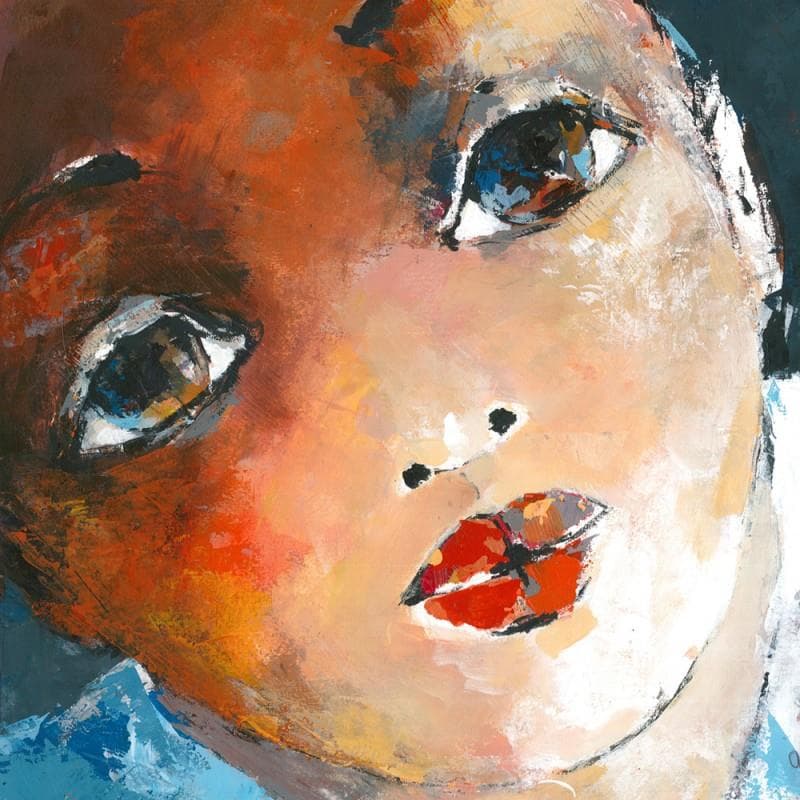
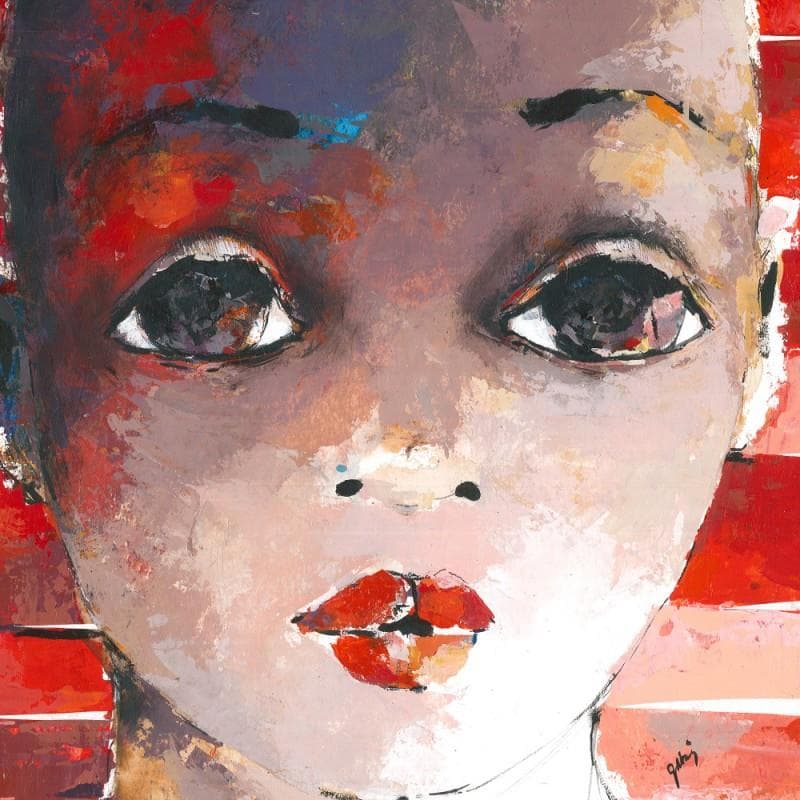
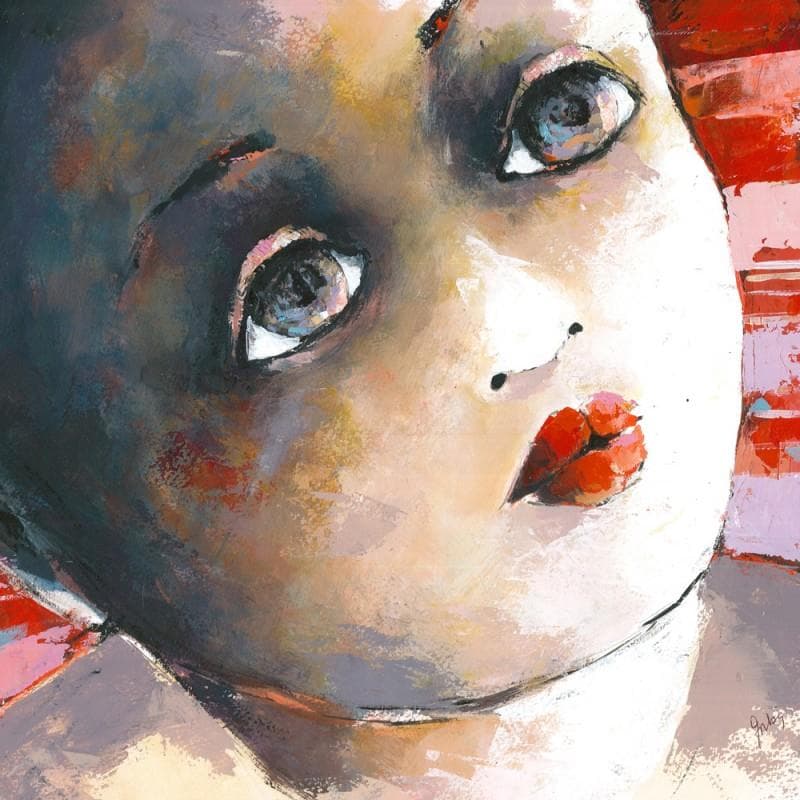
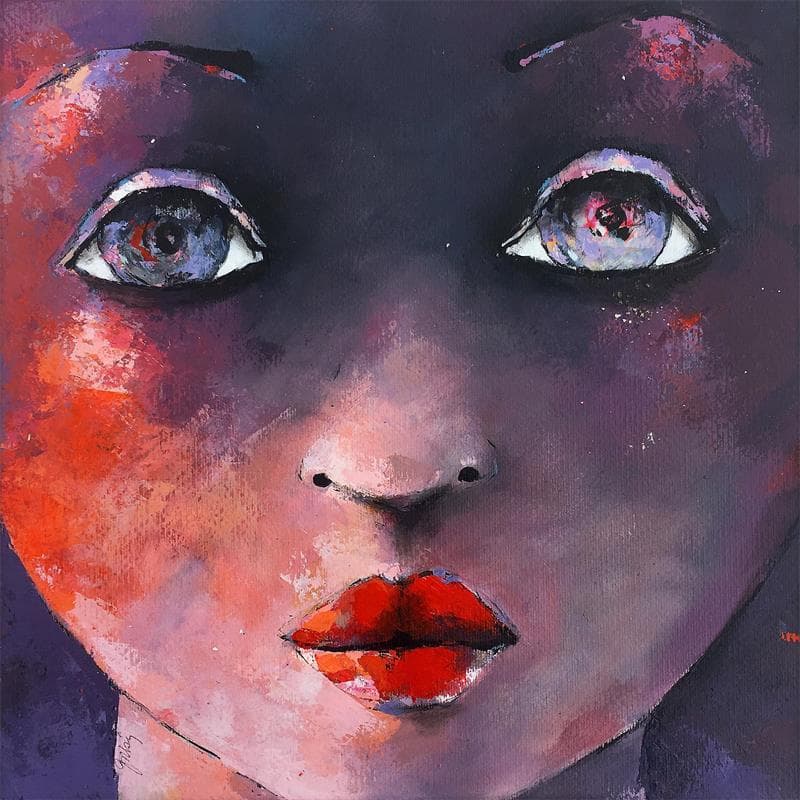

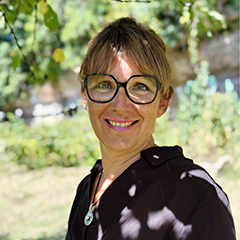
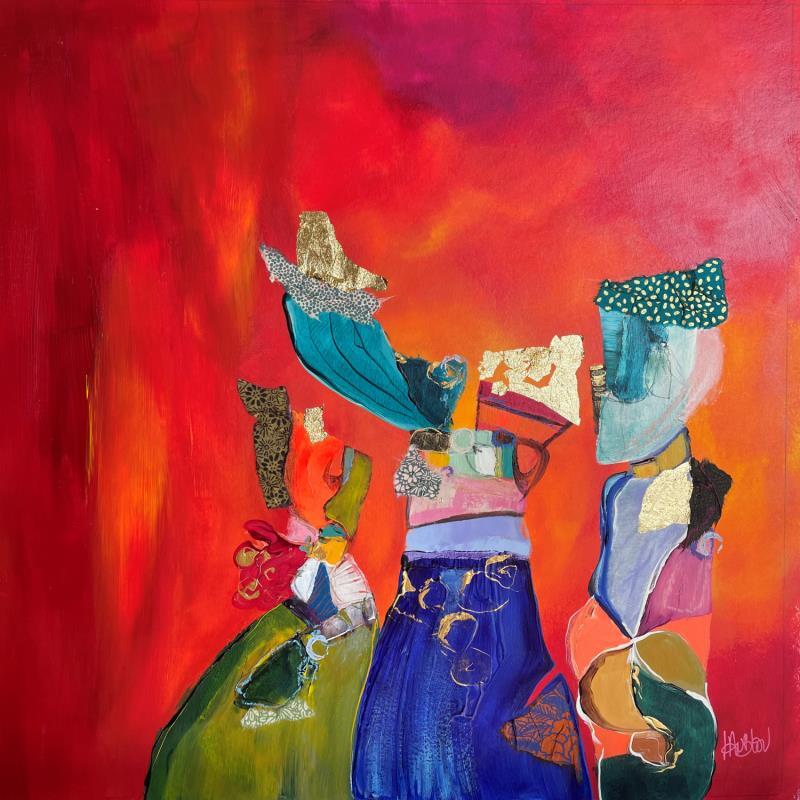

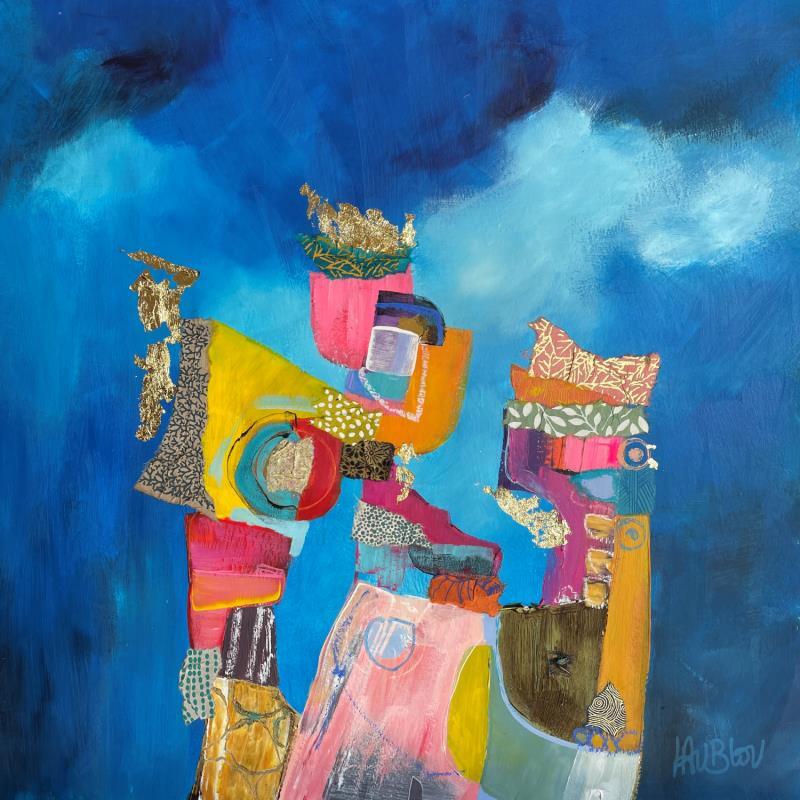
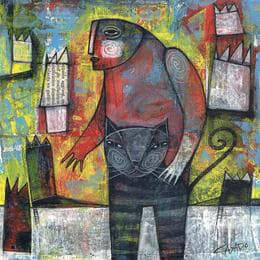
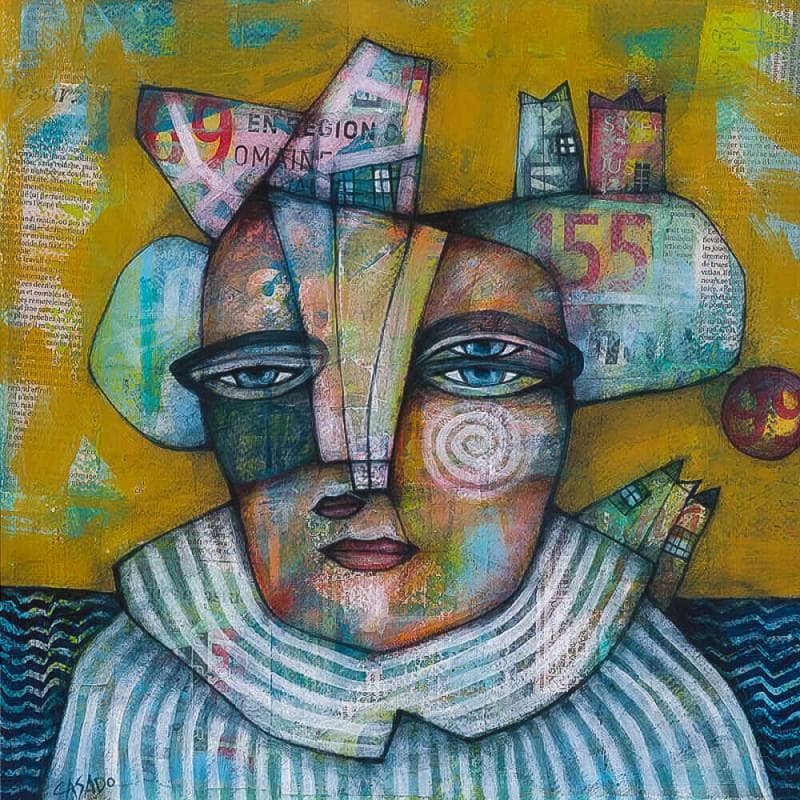
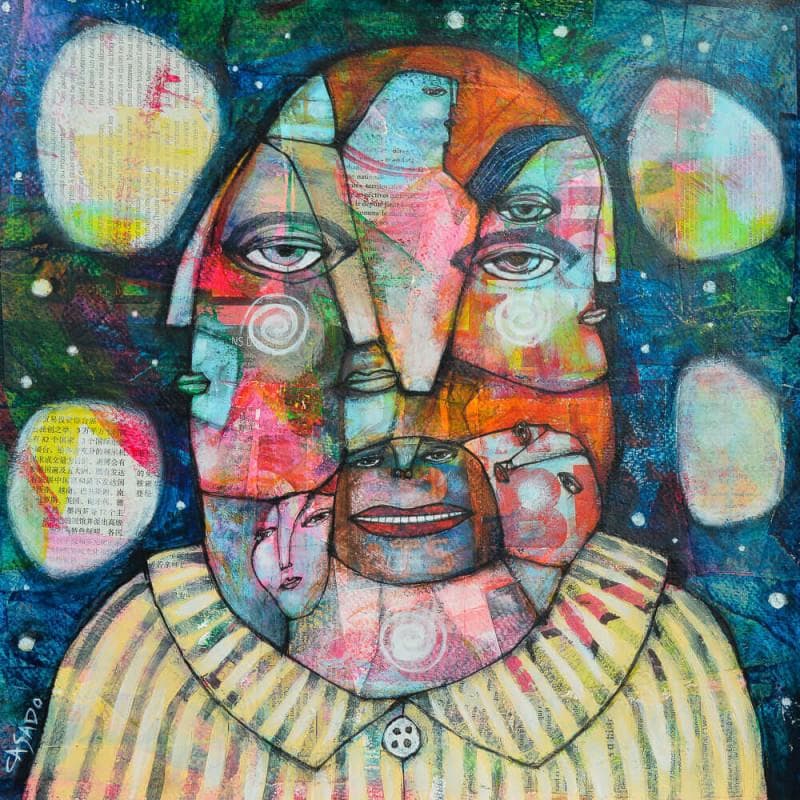
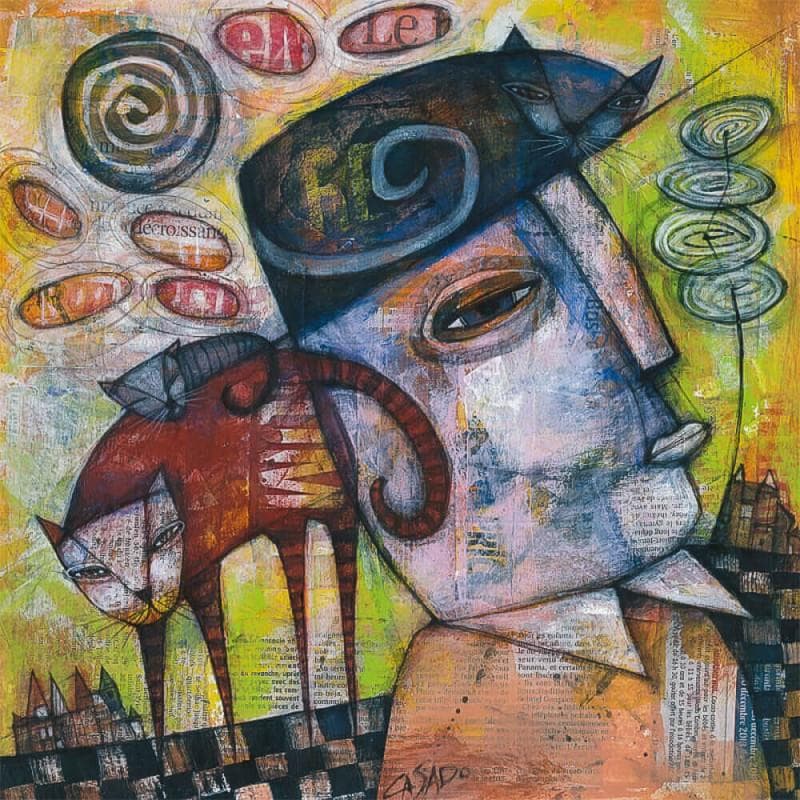
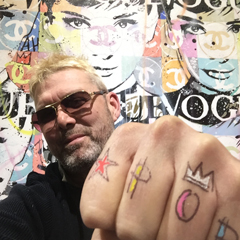
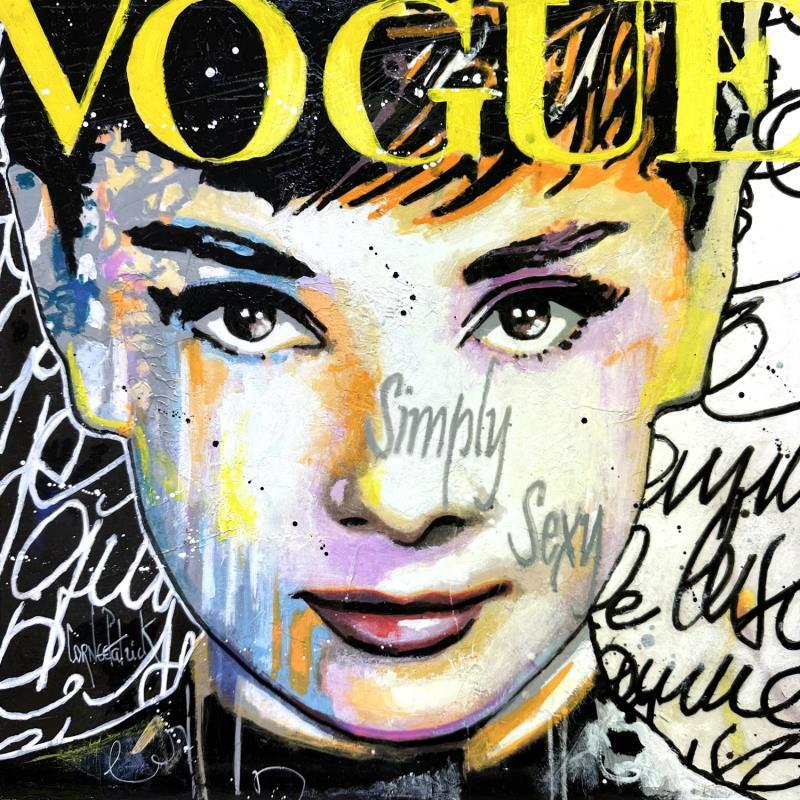
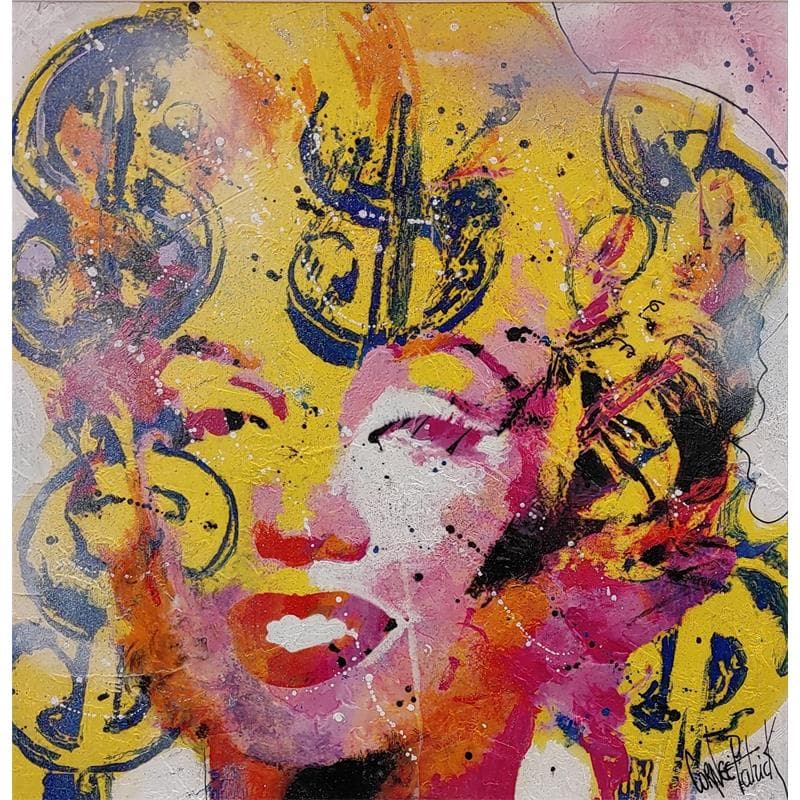
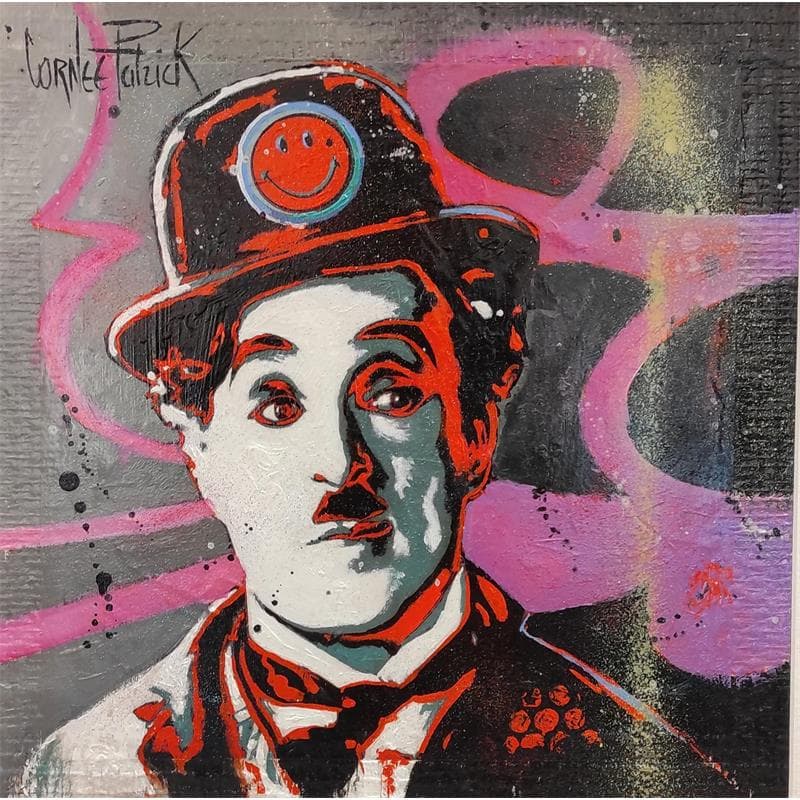
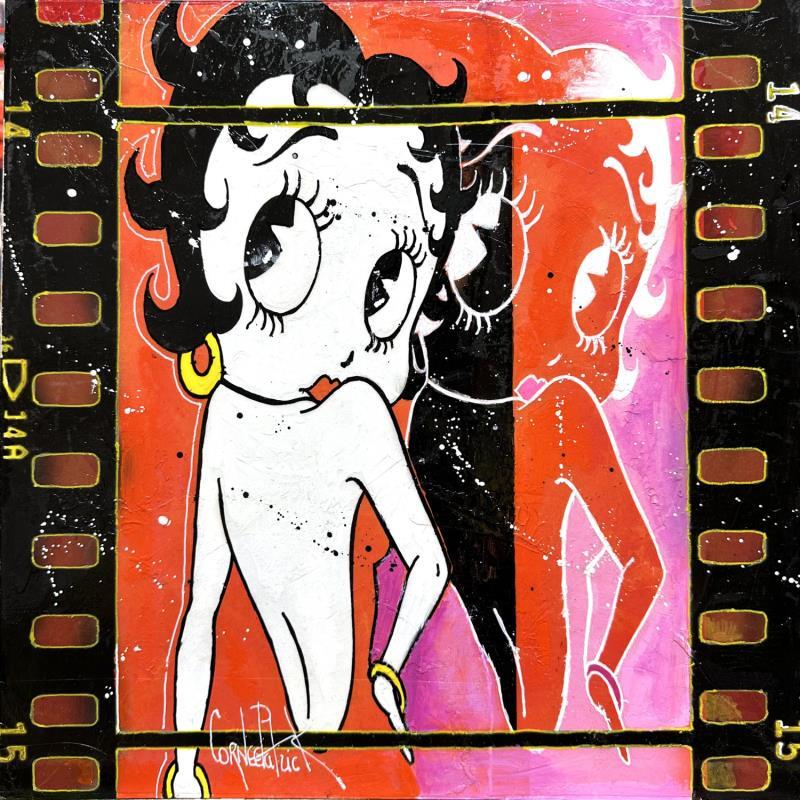
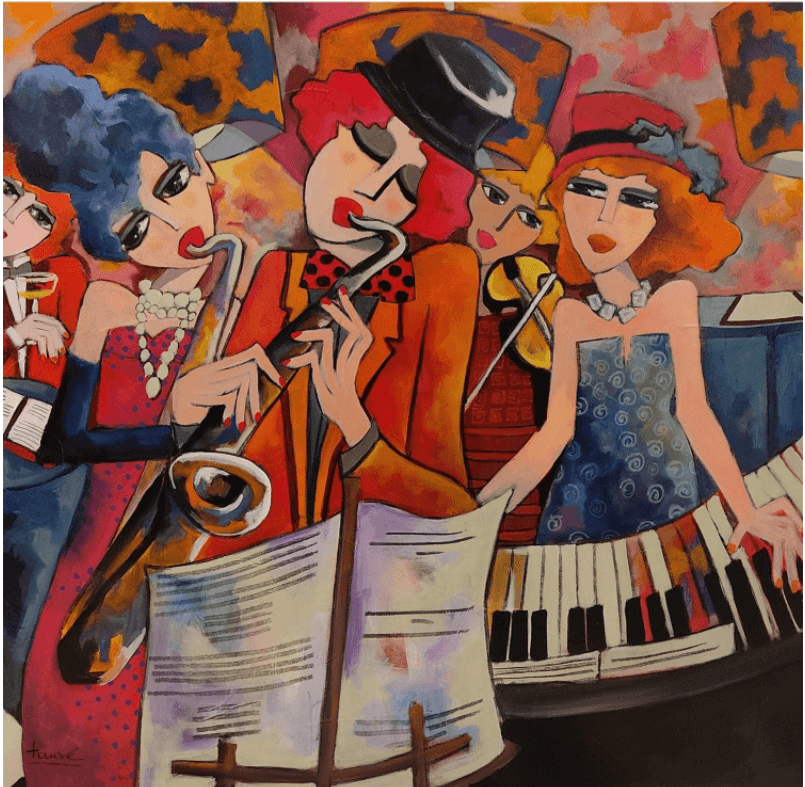

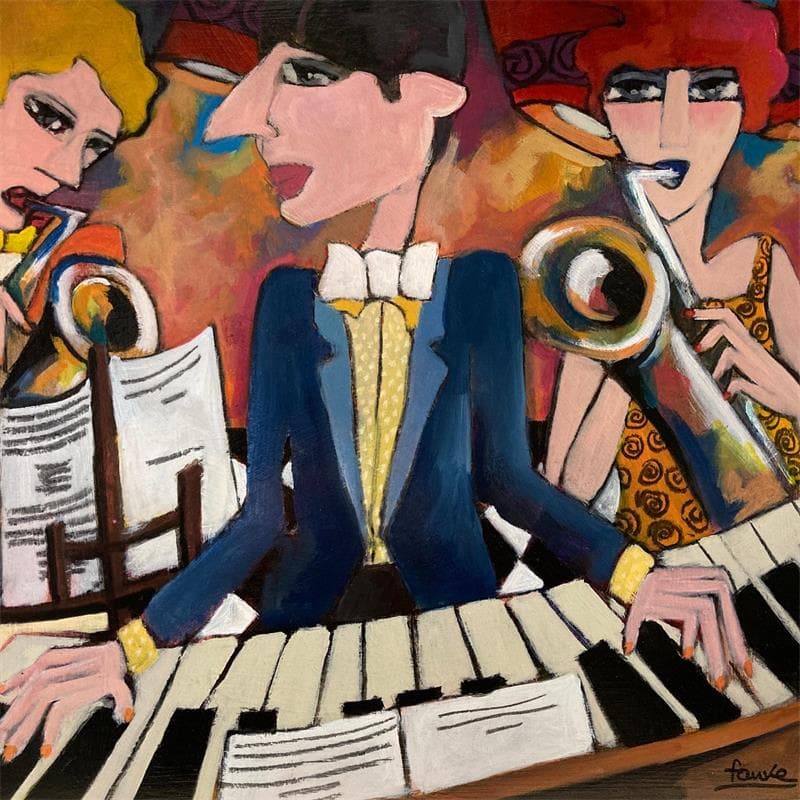
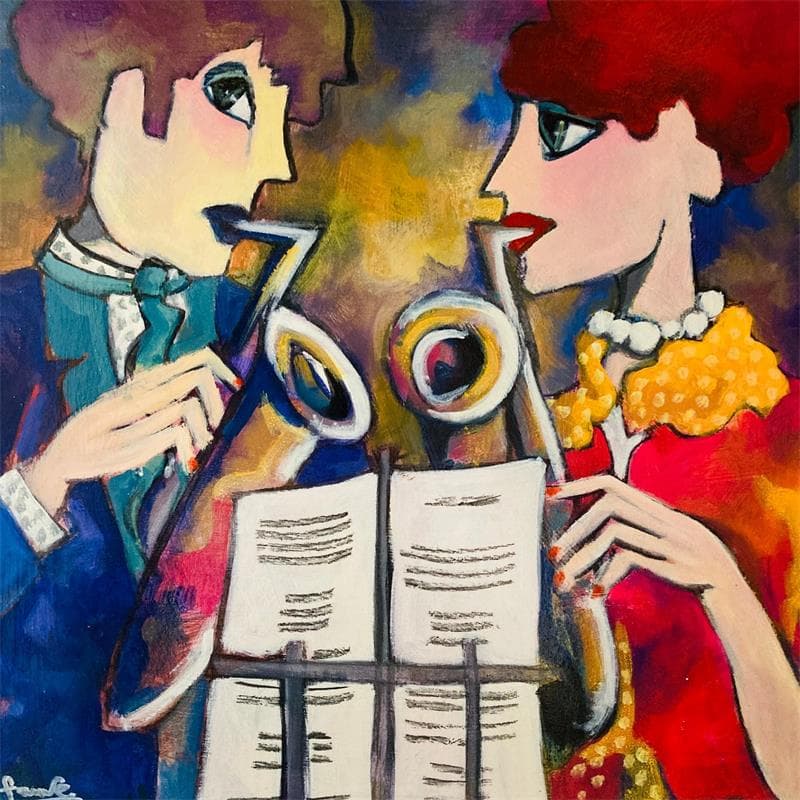
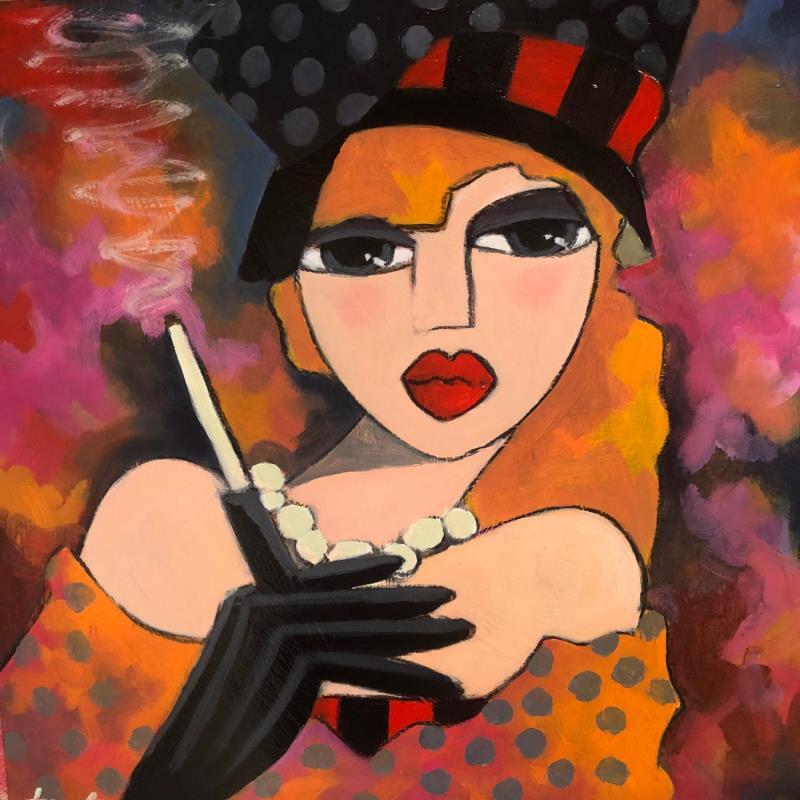
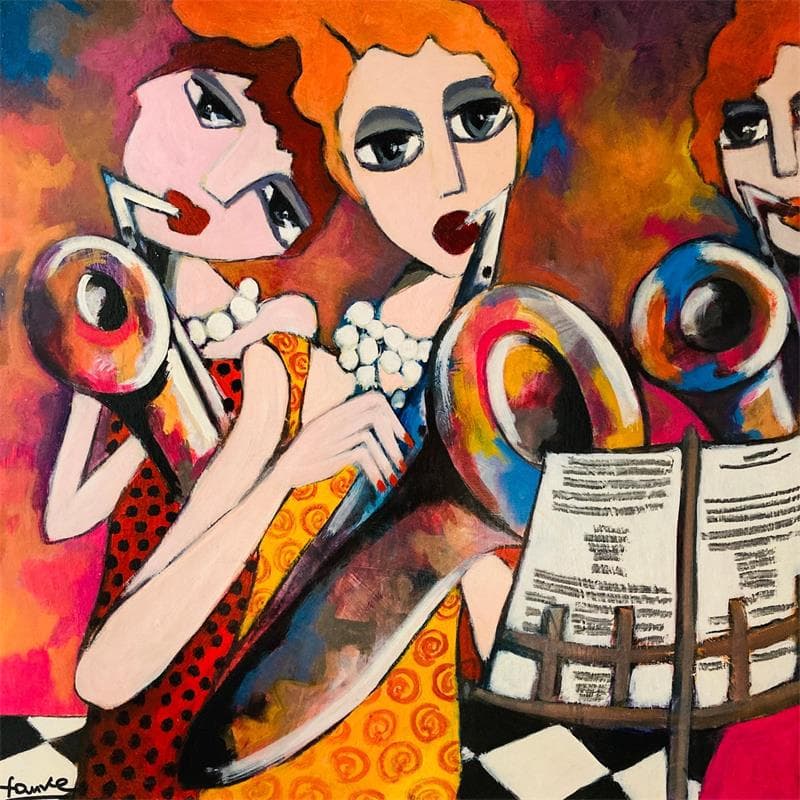

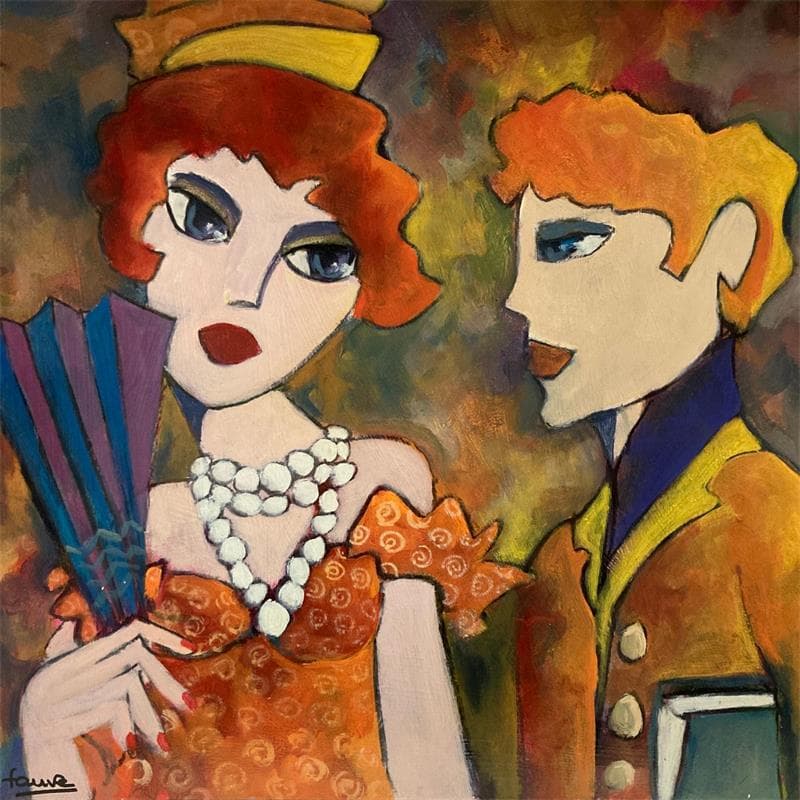
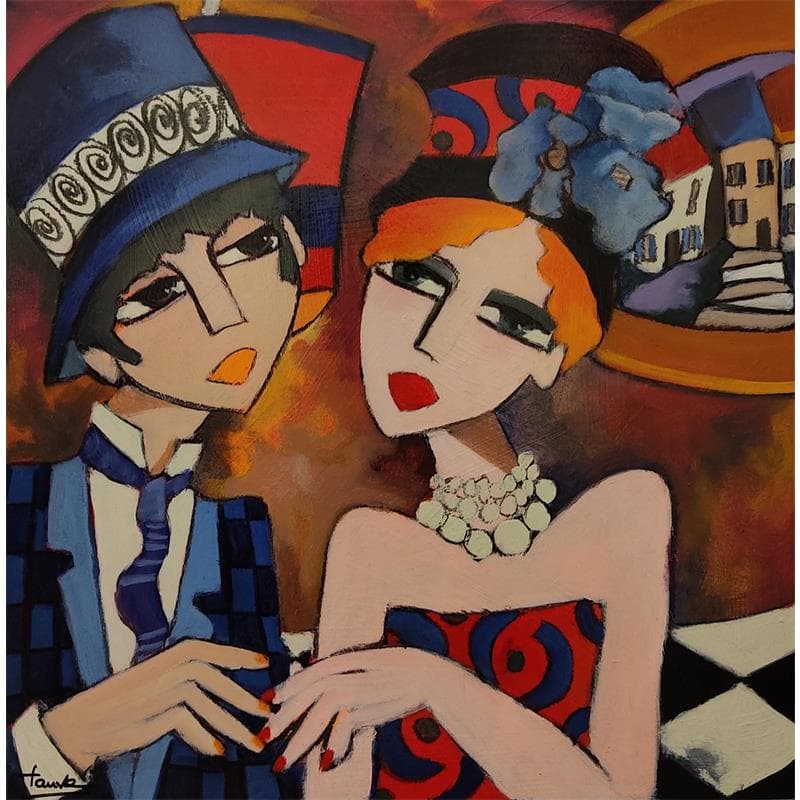

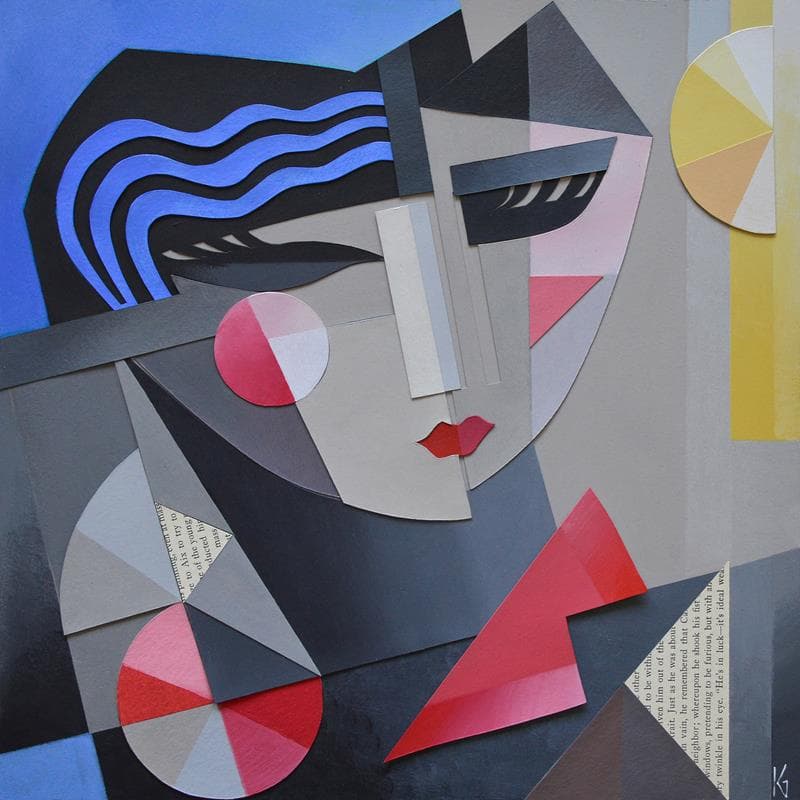

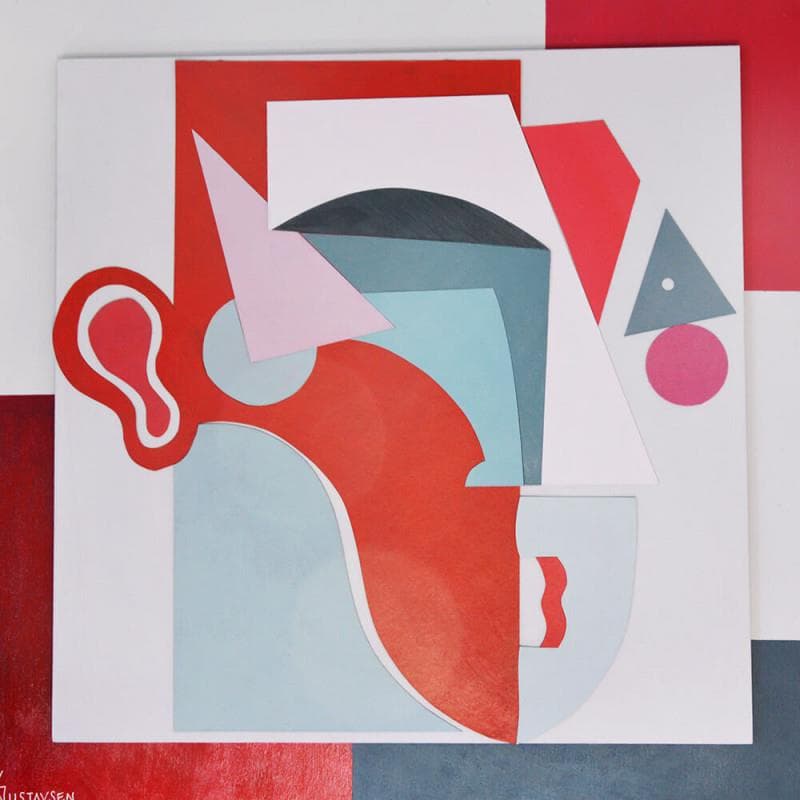
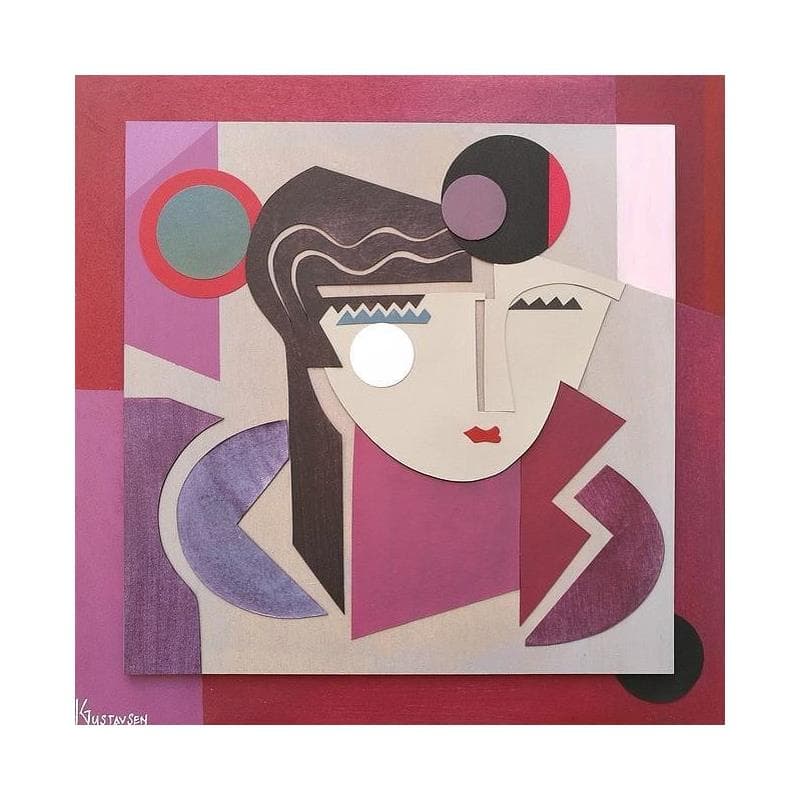
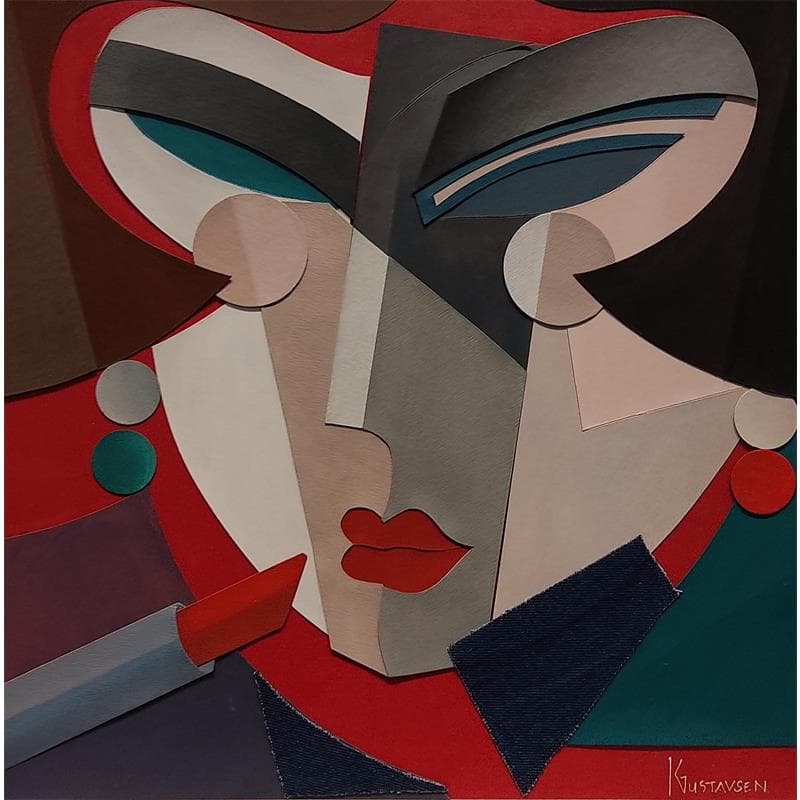

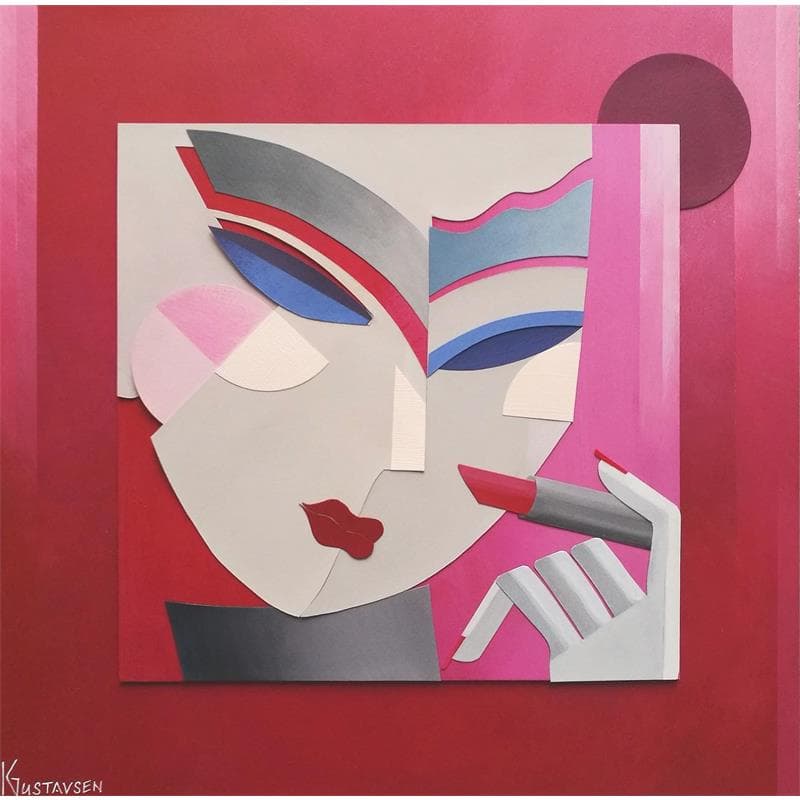
2.jpg)



